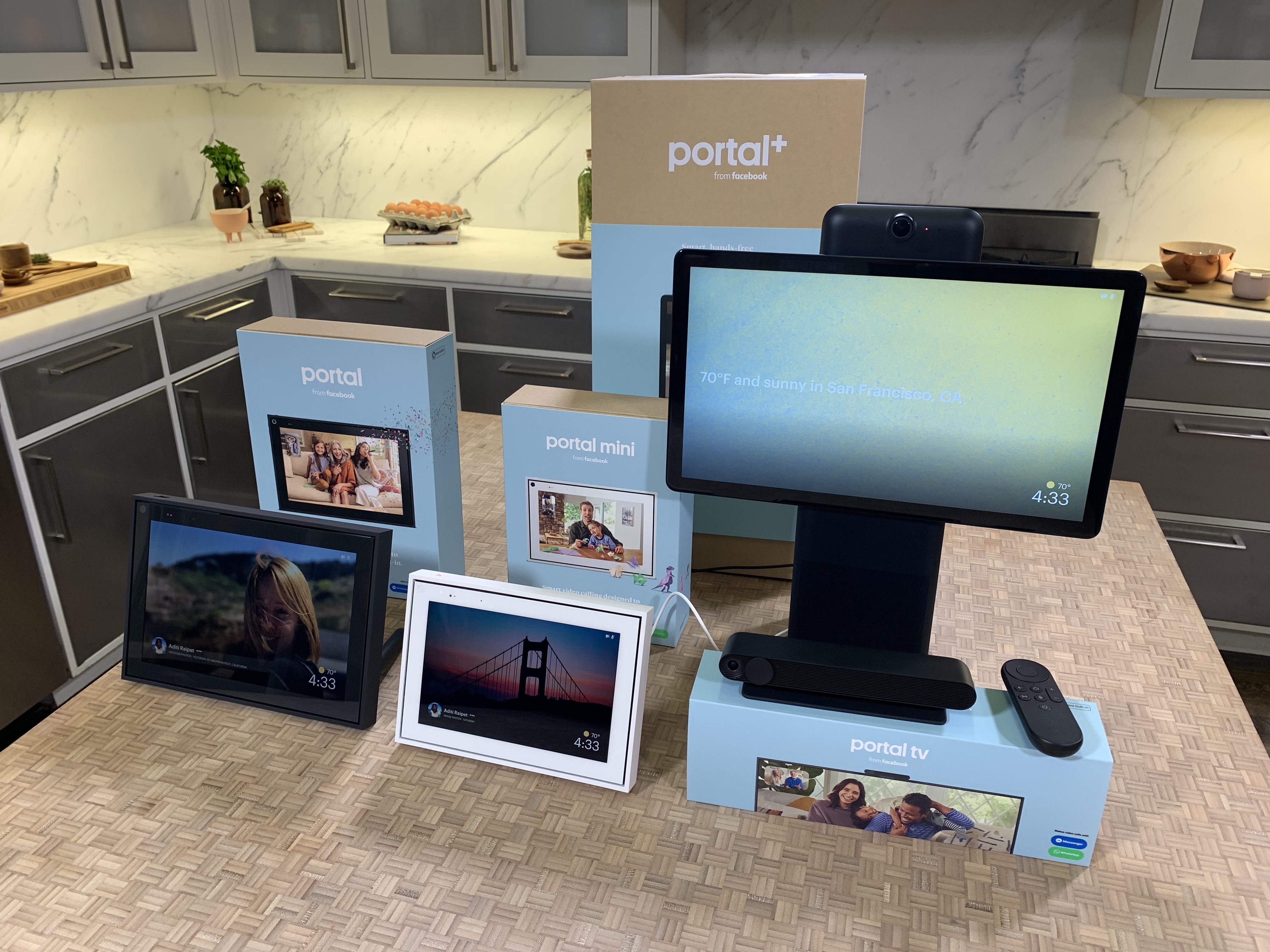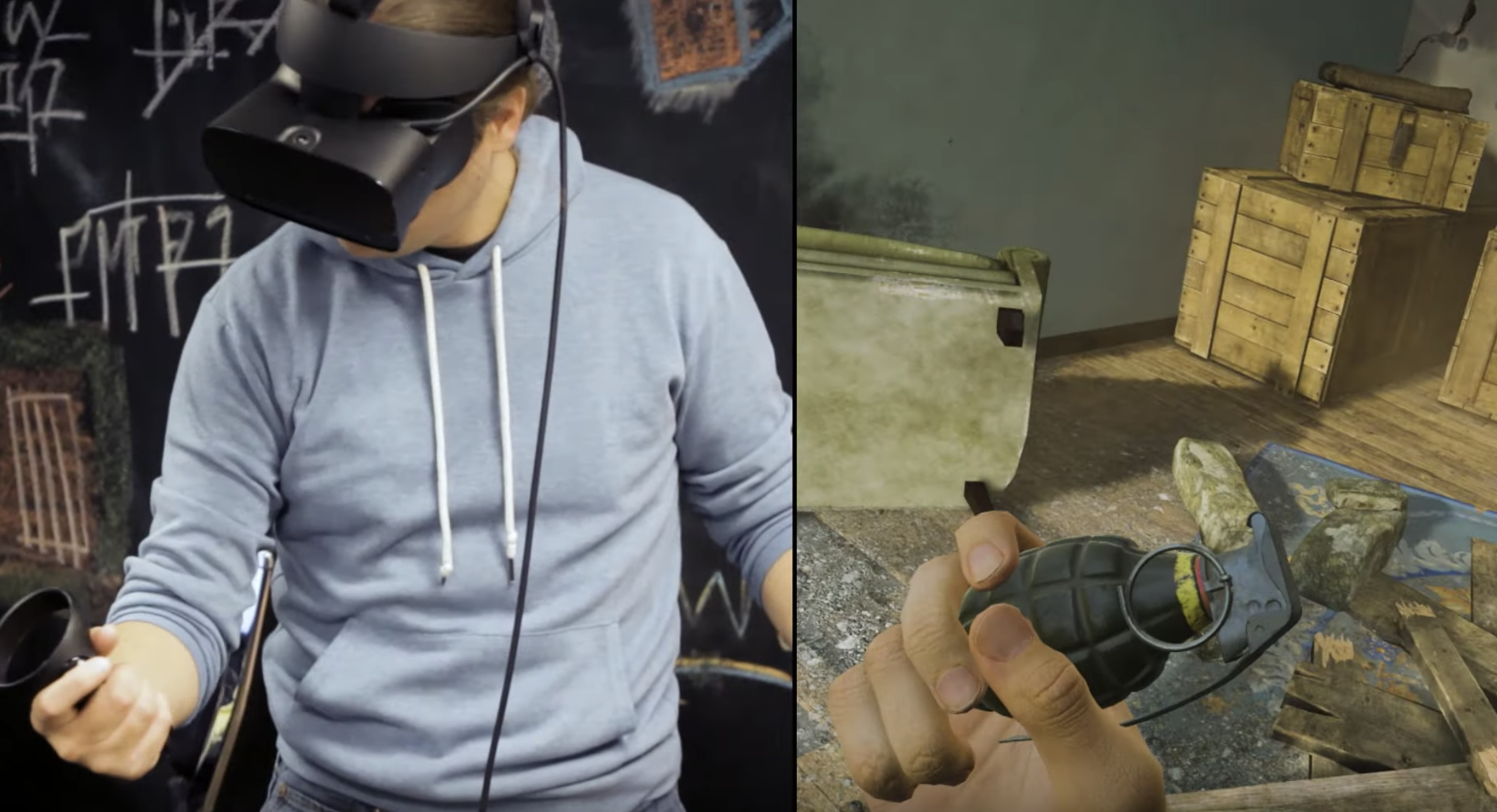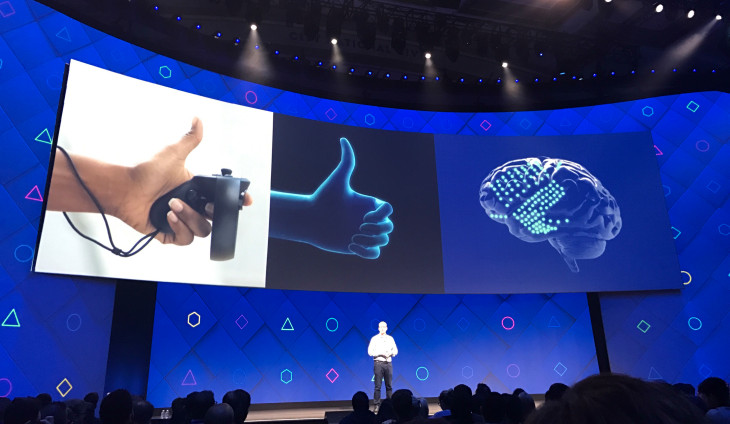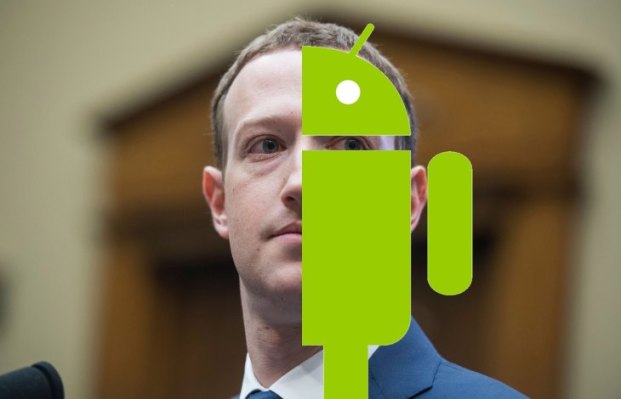Products You May Like
Facebook doesn’t want its hardware like Oculus and Portal to be at the mercy of Google because they rely on its Android operating system. That’s why Facebook has tasked a co-author of Microsoft’s Windows NT named Mark Lucovsky with building the social network an operating system from scratch, according the The Information’s Alex Heath.
“We really want to make sure the next generation has space for us” says Facebook’s VP of hardware Andrew ‘Boz’ Bosworth. “We don’t think we can trust the marketplace or competitors to ensure that’s the case. And so we’re gonna do it ourselves.”
By moving to its own OS, Facebook could have more freedom to bake social interaction — and hopefully privacy — deeper into its devices. It could also prevent a disagreement between Google and Facebook from derailing the roadmaps of Oculus, Portal, or future gadgets. We’ve asked Facebook for more details on its homegrown operating system.
One added bonus of moving to a Facebook-owned operating system? It could make it tougher to force Facebook to spin out some of its acquisitions, especially if Facebook goes with Instagram branding for its future augmented reality glasses.

Facebook has always been sore about not owning an operating system and having to depend on the courtesy of some of its biggest rivals. Those include Apple, who’s CEO Tim Cook has repeatedly thrown jabs at Facebook and its chief Mark Zuckerberg over privacy and data collection. In a previous hedge against the power of the mobile operating systems, Facebook worked on a secret project codenamed Oxygen circa 2013 that would help it distribute Android apps from outside the Google Play store if necessary, Vox’s Kurt Wagner reported.
Now Facebook is ramping up its hardware efforts with a new office for the team in Burlingame, 15 miles north of the company’s headquarters. The 70,000-square-foot space is designed to house roughly 4,000 employees.
Interested in potentially controlling more of the hardware stack, Facebook held acquisition talks with $4.5 billion market cap semiconductor company Cirrus Logic, which makes audio chips for Apple and more, The Information reports. That deal never happened, and it’s unclear how far the talks went given tech giants constantly keep their M&A teams open to discussions. But it shows how serious Facebook is taking hardware, even if Portal and Oculus sales have been slow to date.
That could start to change next year, though, as flagship virtual reality experiences hit the market. I got a press preview of the upcoming Medal Of Honor first-person shooter that will launch on the Oculus Quest in 2020. An hour of playing the World War 2 game flew by, and it was one of the first VR games that felt like you could enjoy it week after week rather than being just a tech demo. Medal Of Honor could prove to be the killer app that convinces gamers they have to get a Quest.

Facebook has also been working on hardware experiences for the enterprise. Facebook Workplace video calls can now run on Portal, with its smart camera auto-zooming to keep everyone in the board room in frame or focus on the action. The Information reports Facebook is also prototyping a VR videoconferencing system that Boz has been testing with his team.
The hardware initiatives meanwhile feed back into Facebook’s core ad business. It’s now using some data about what people do on their Oculus or Portal to target them with ads. From playing certain games to accessing kid-focused experiences to virtually teleporting to vacation destinations, there’s plenty of lucrative data for Facebook to potentially mine.

Facebook even wants to know what’s on our mind before we act on it. The Information reports that Facebook’s brain-computer interface hardware for controlling interfaces by employing sensors to recognize a word a user is thinking has been shrunk down. It’s gone from the size of a refridgerator to something hand-held but still far from ready for integration into a phone.
Selling Oculus headsets, Portal screens, and mind-readers might never generate the billions in profits Facebook earns from its efficient ads business. But they could ensure the social network isn’t locked out of the next waves of computing. Whether those are fully immersive like virtual reality, convenient complements to our phones like smart displays, or minimally-invasive sensors, Facebook wants them to be social. If it can bring your friends along to your new gadgets, Facebook will find some way to squeeze out revenue while keeing these devices from making us more isolated and less human.
